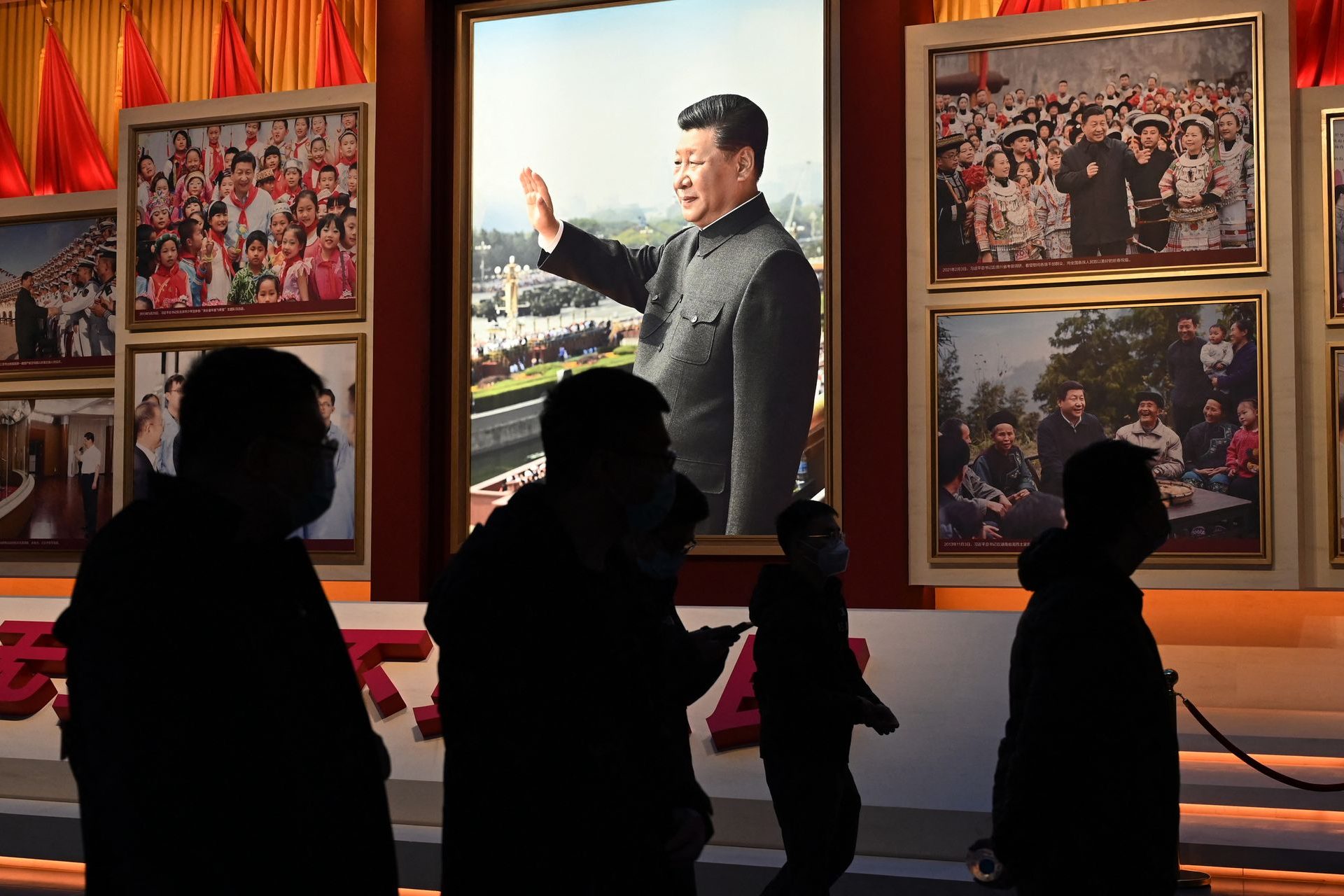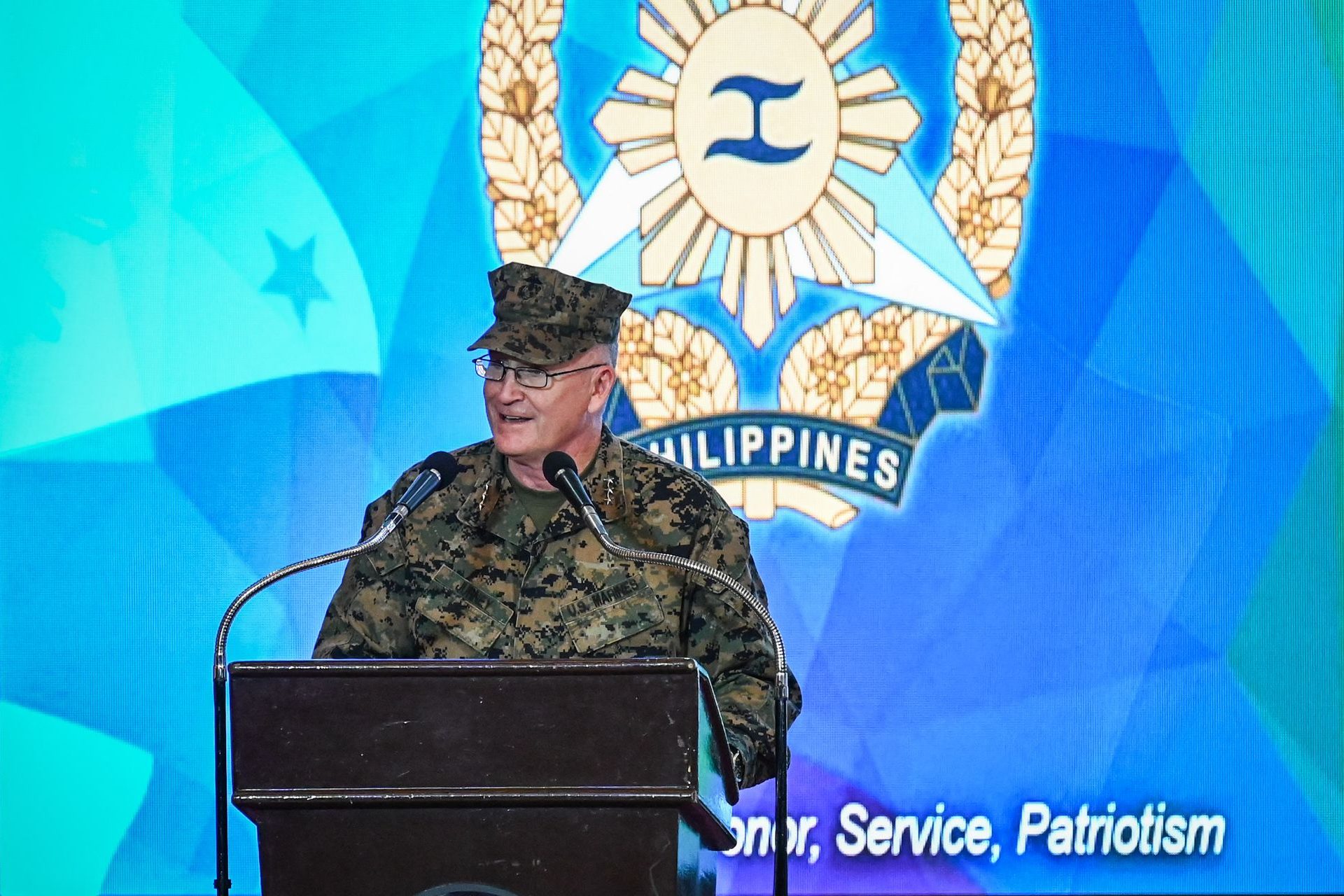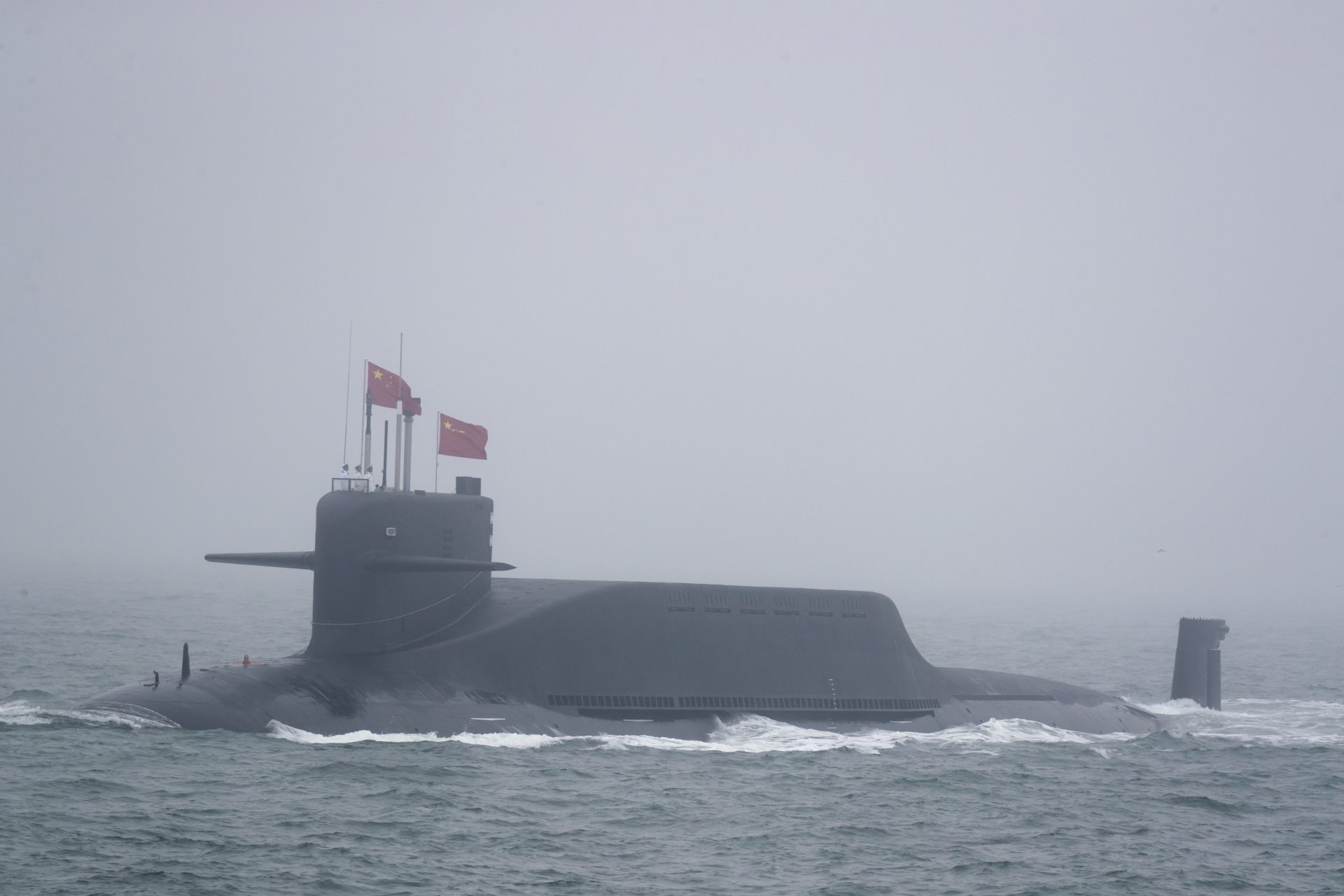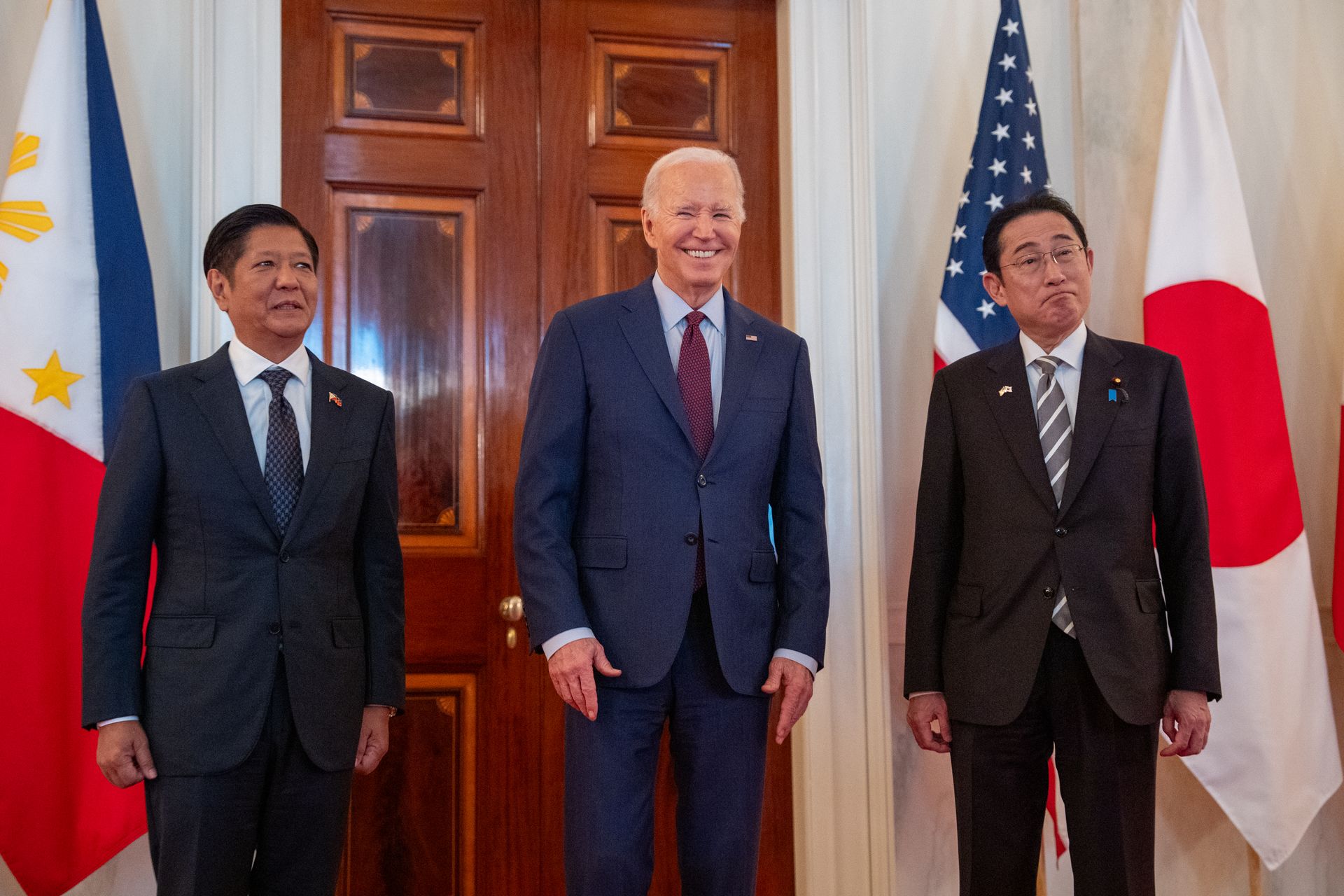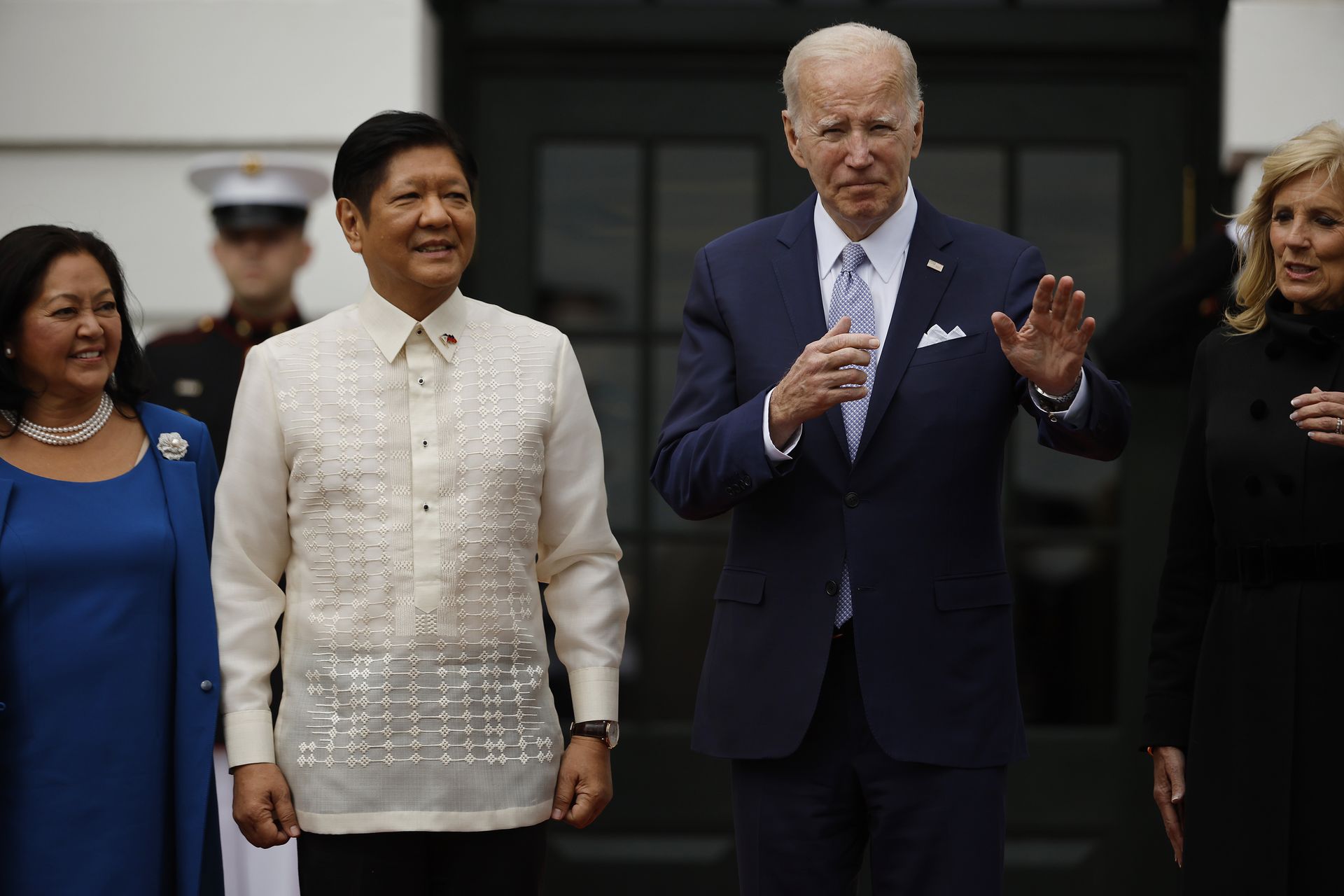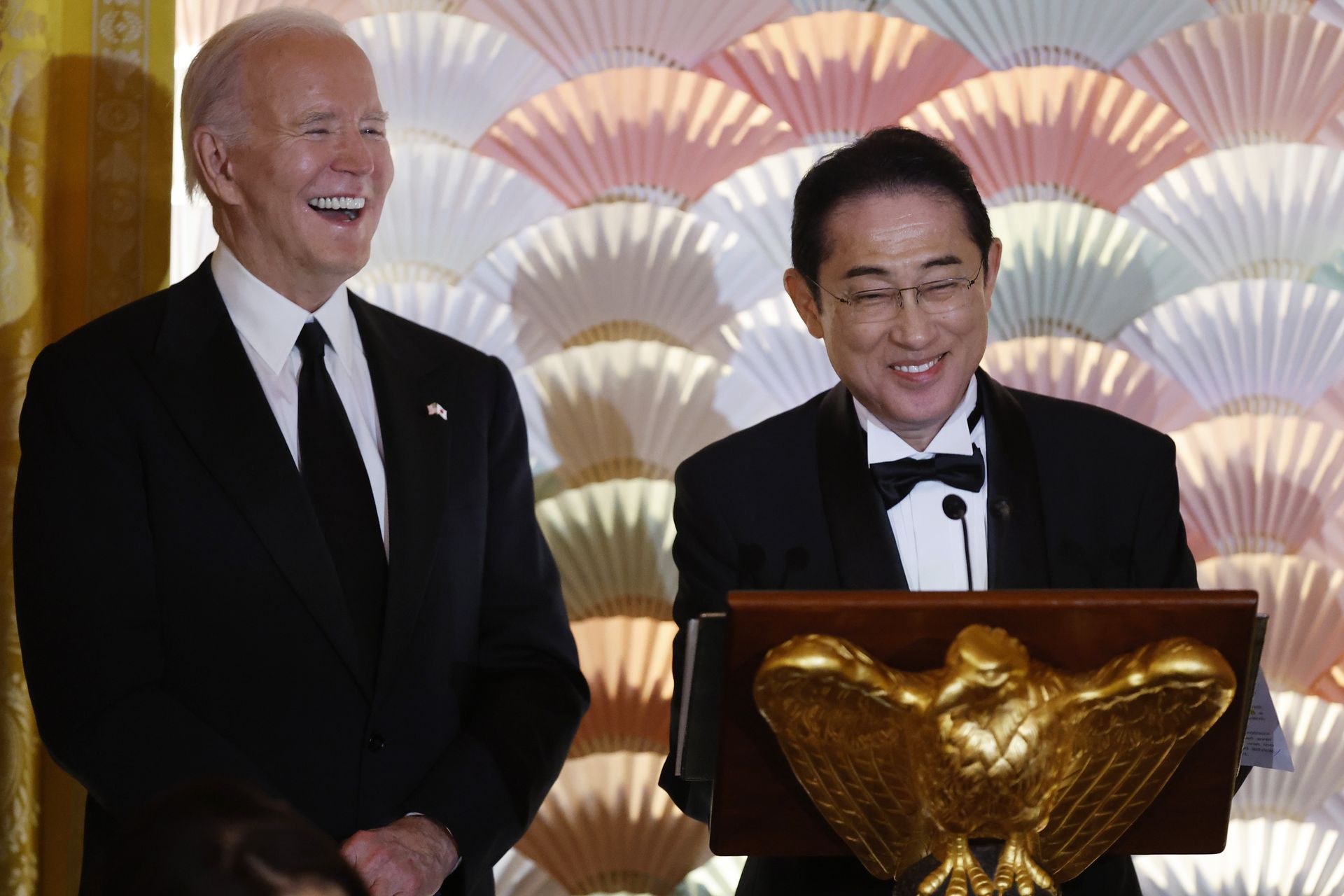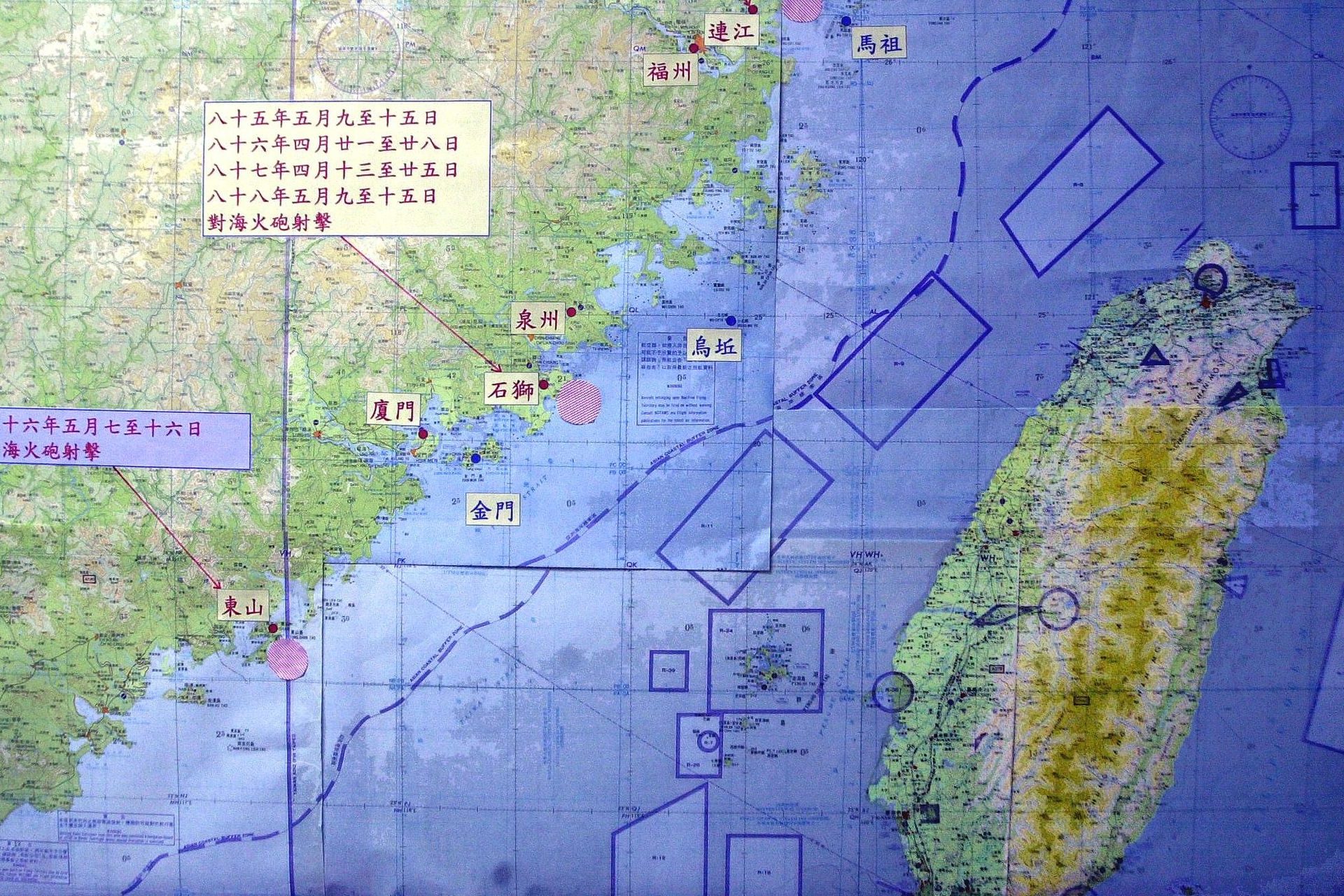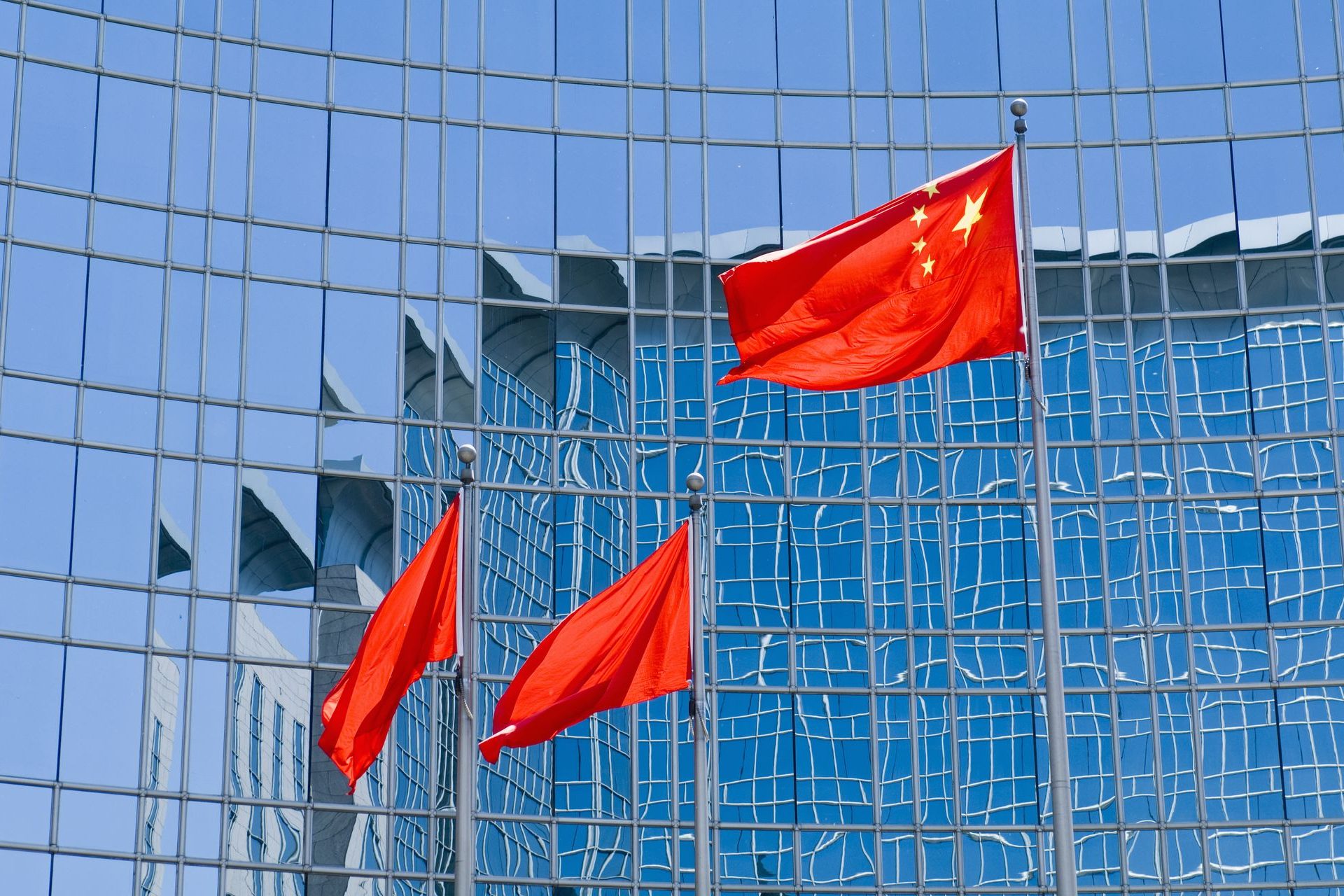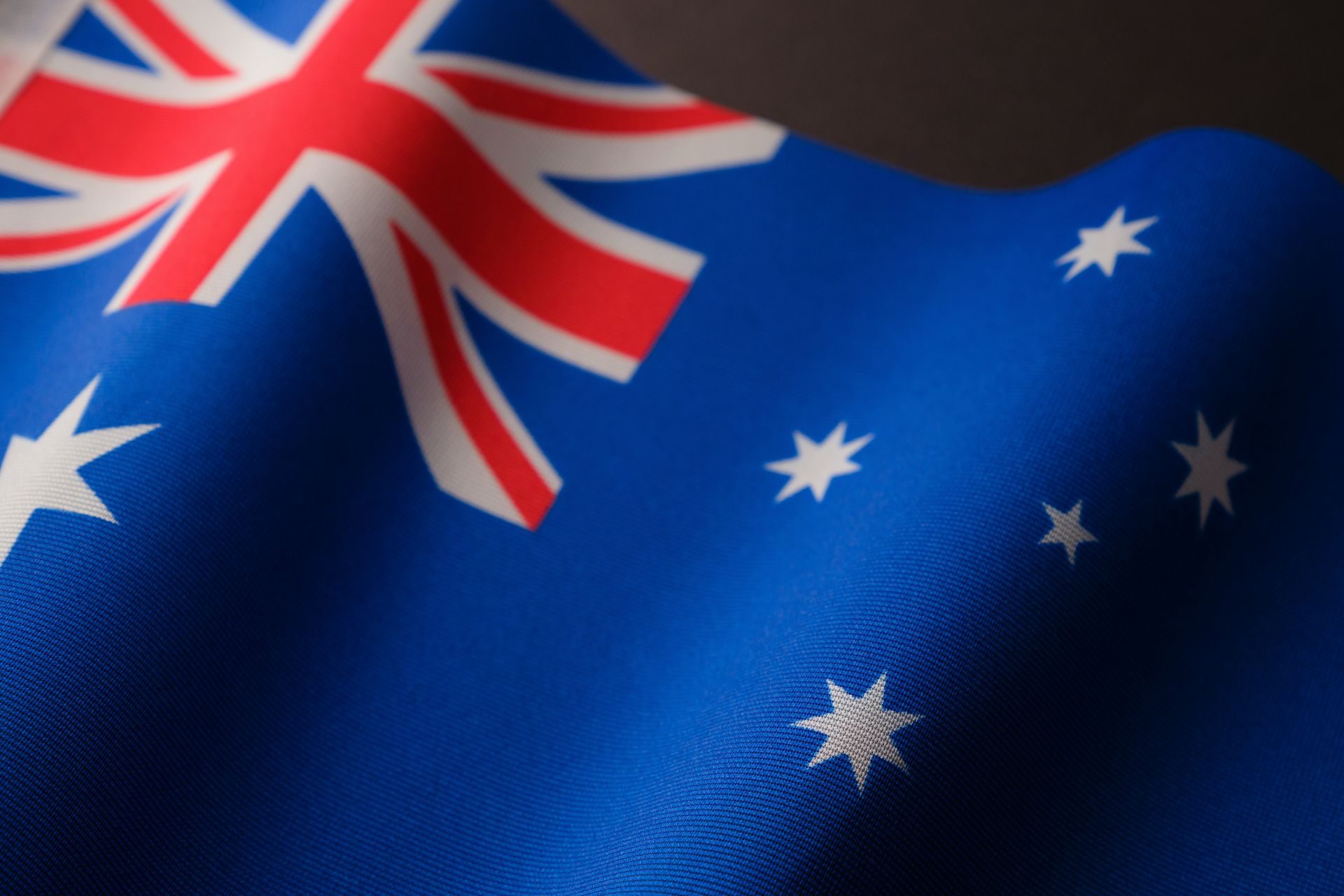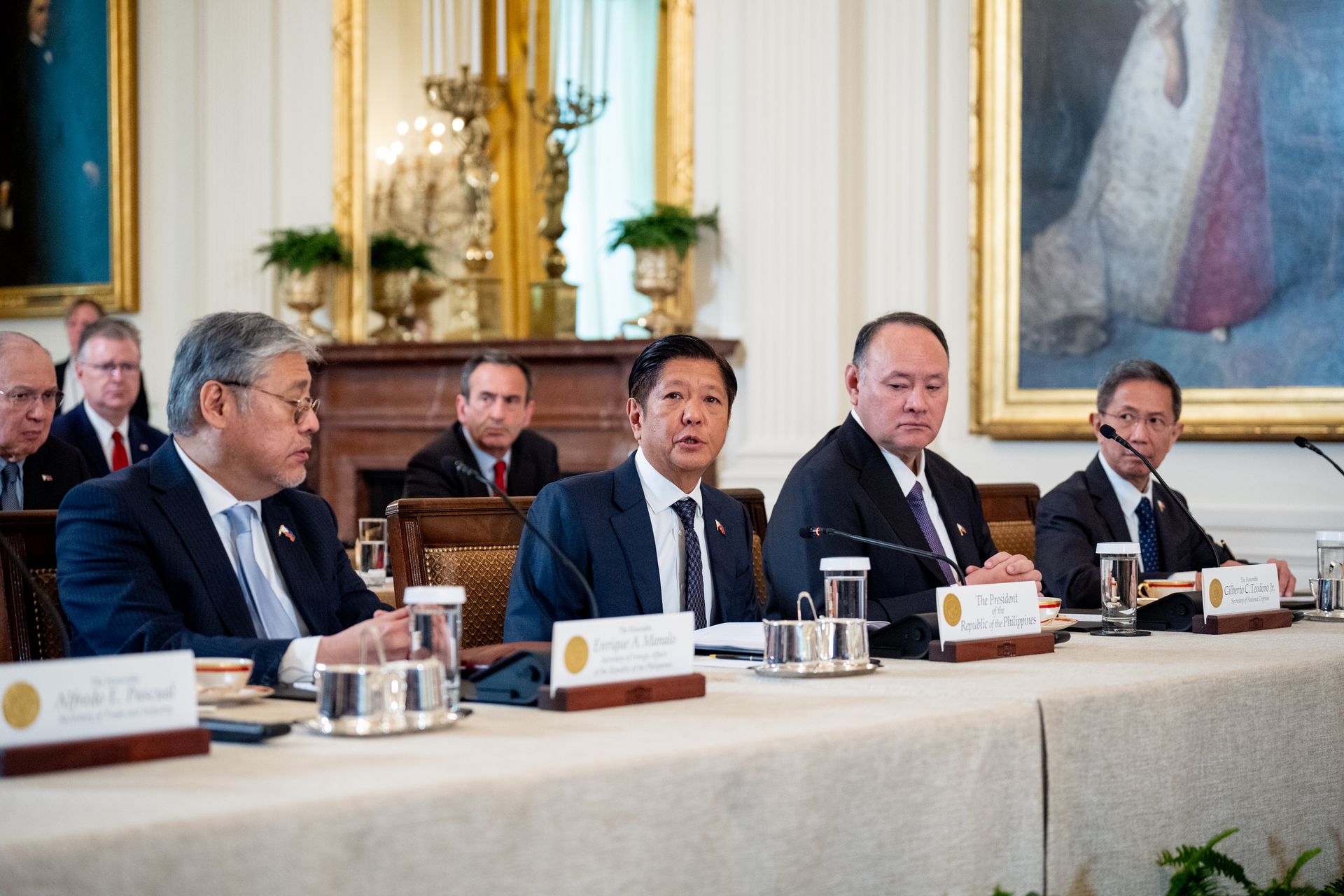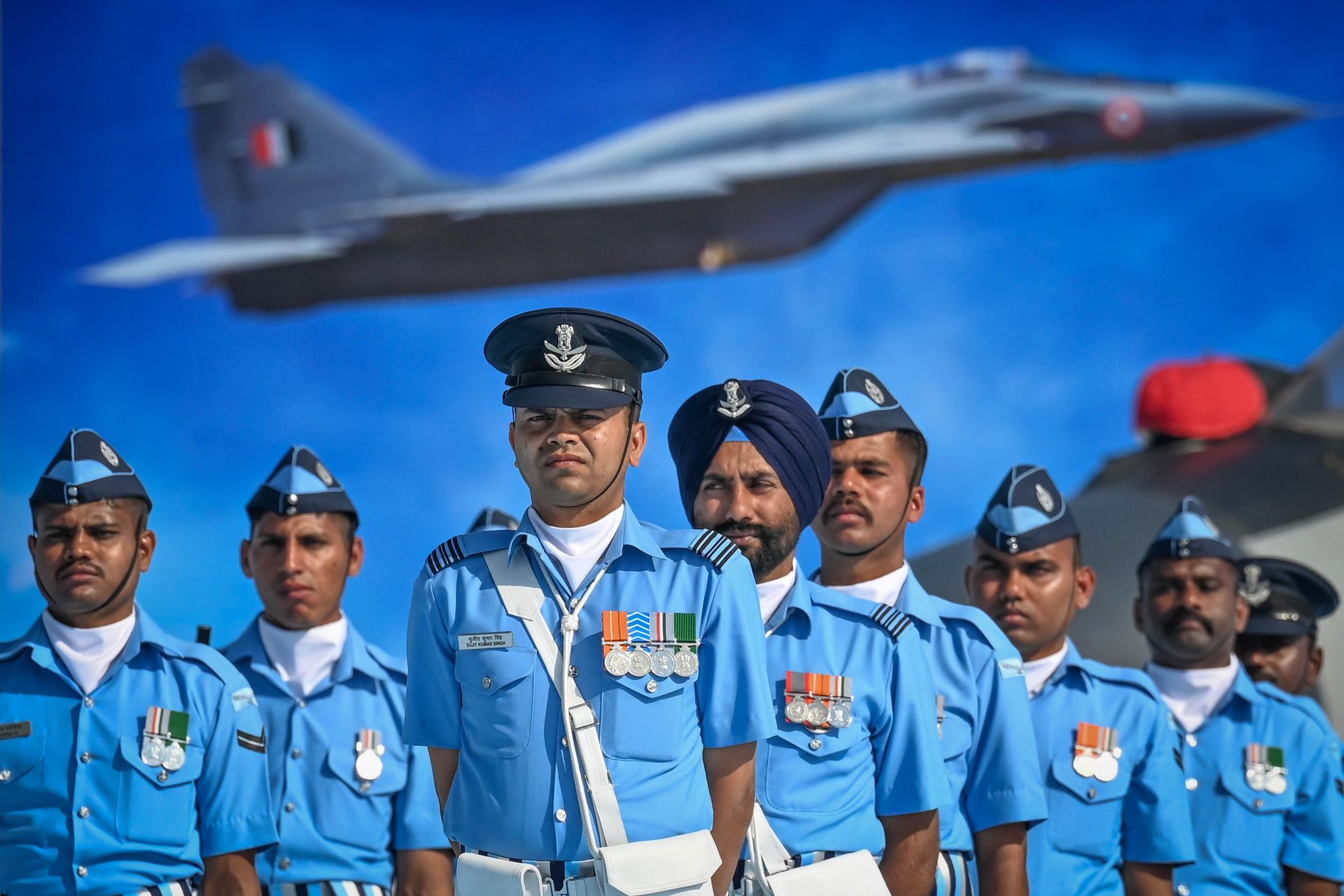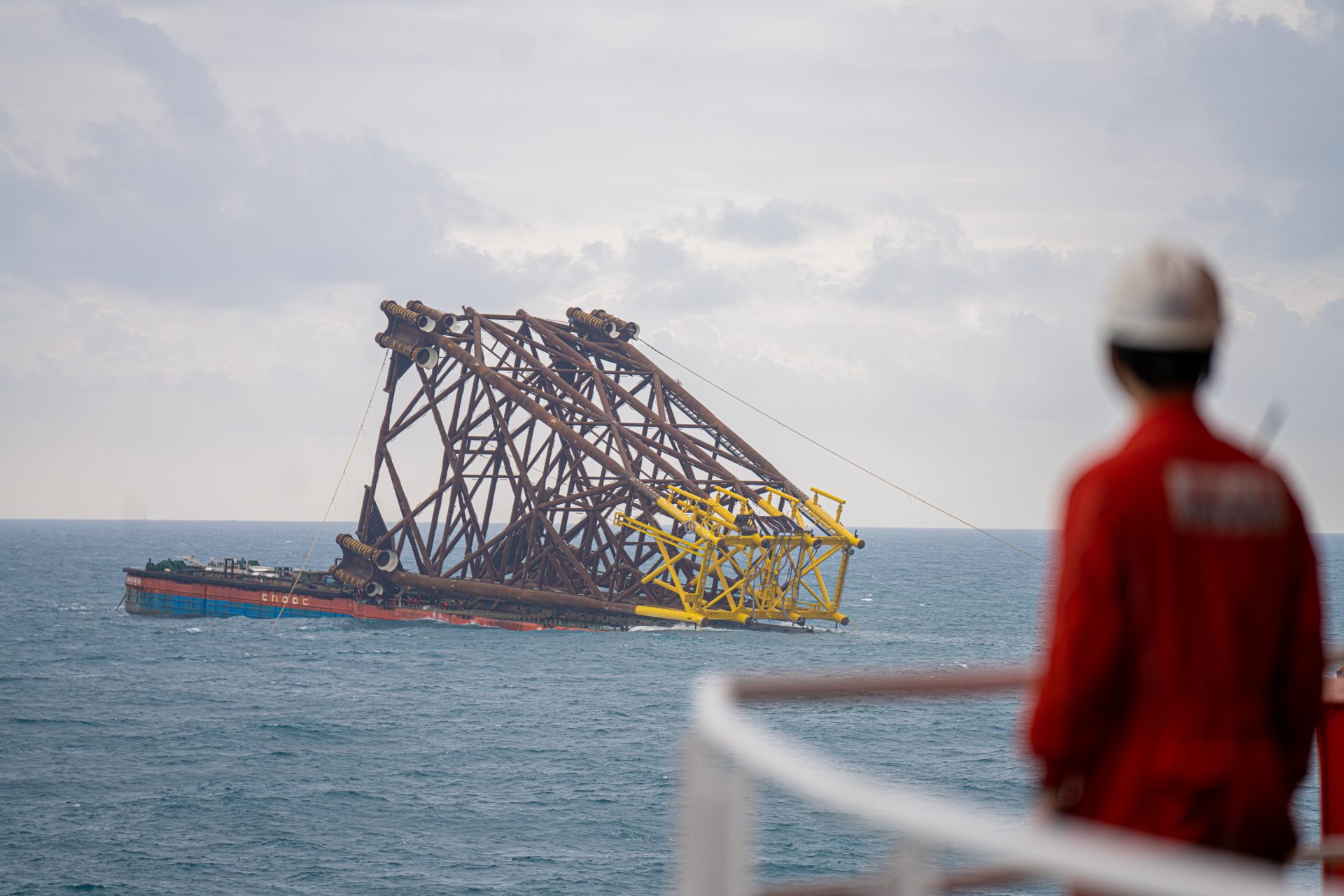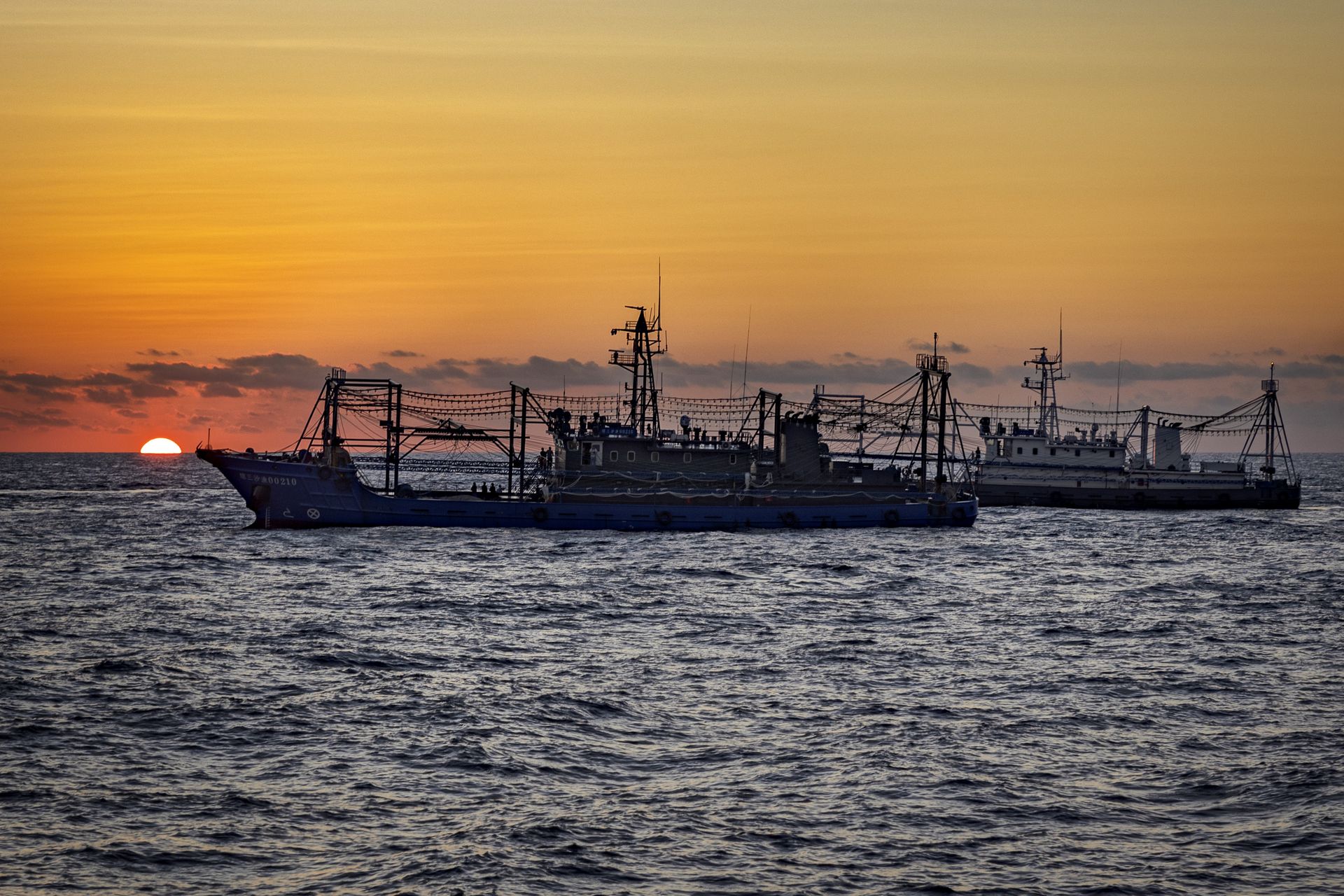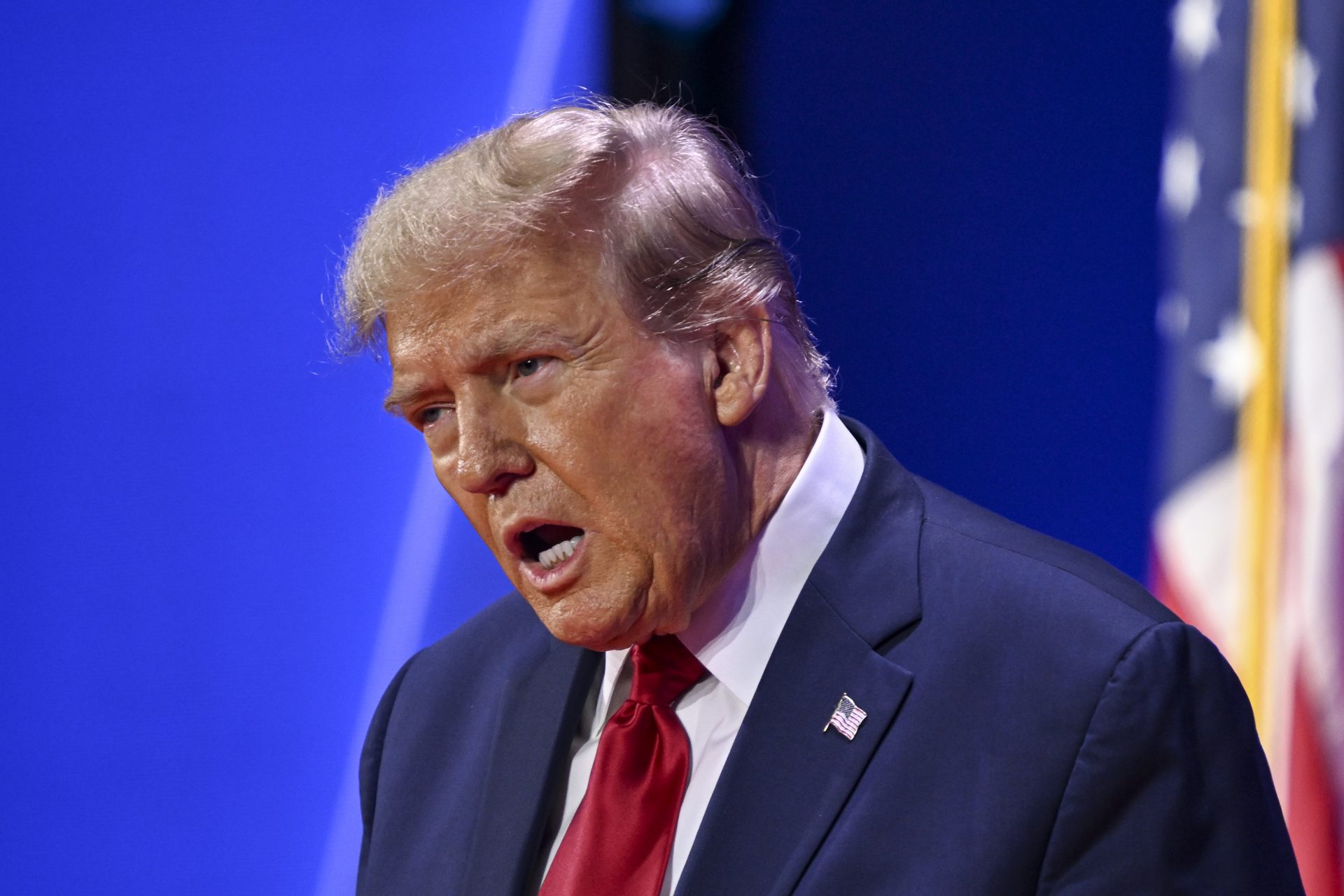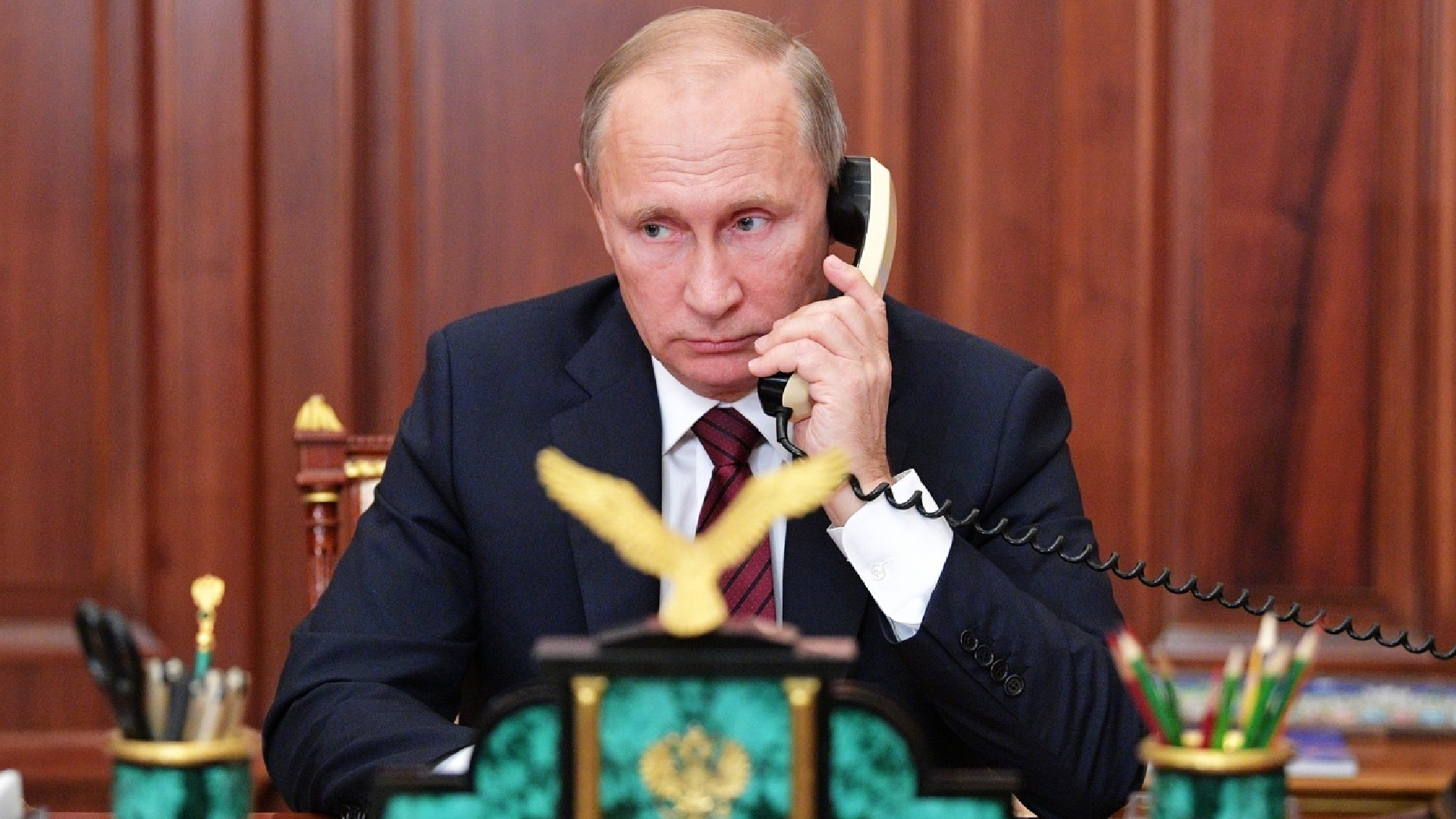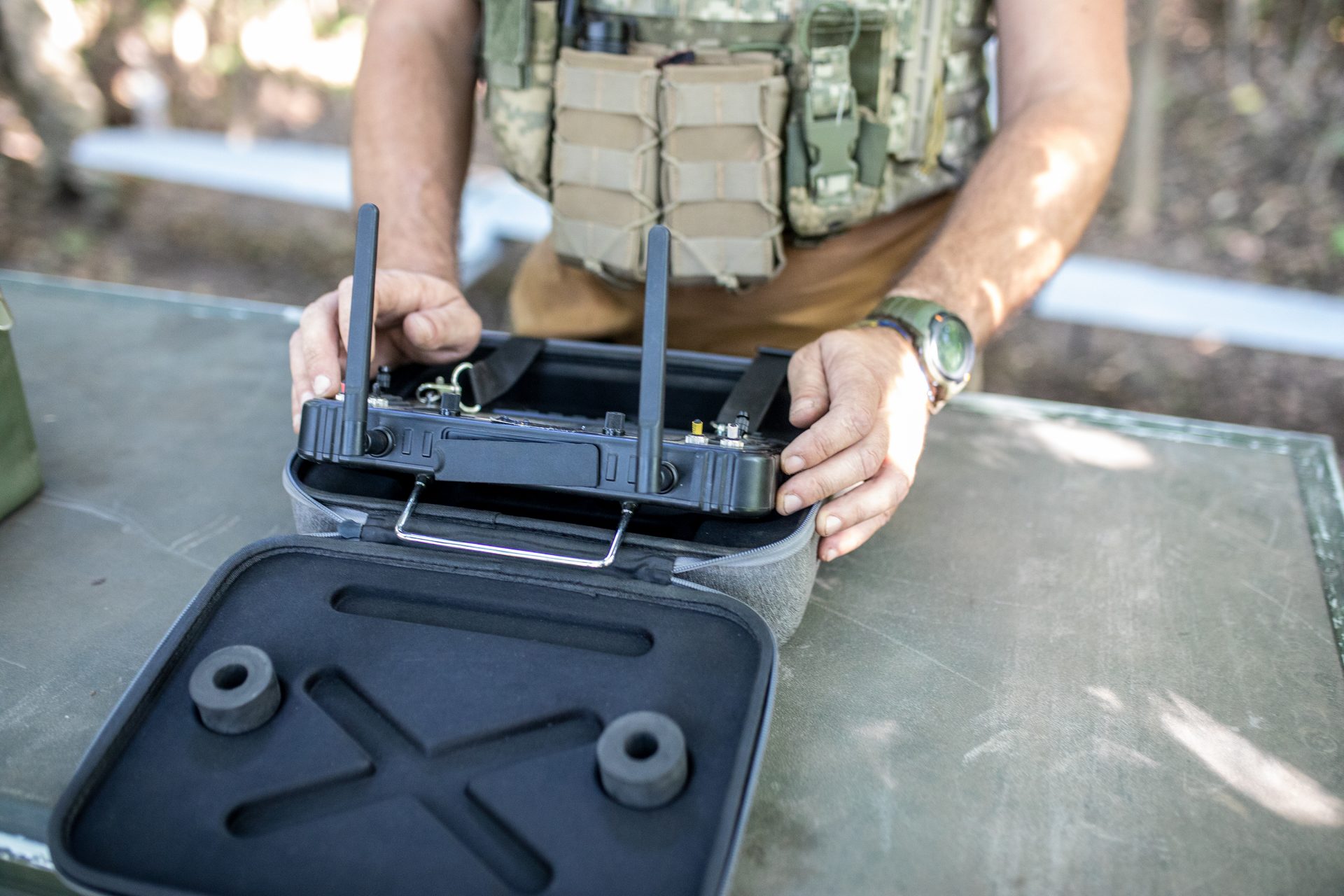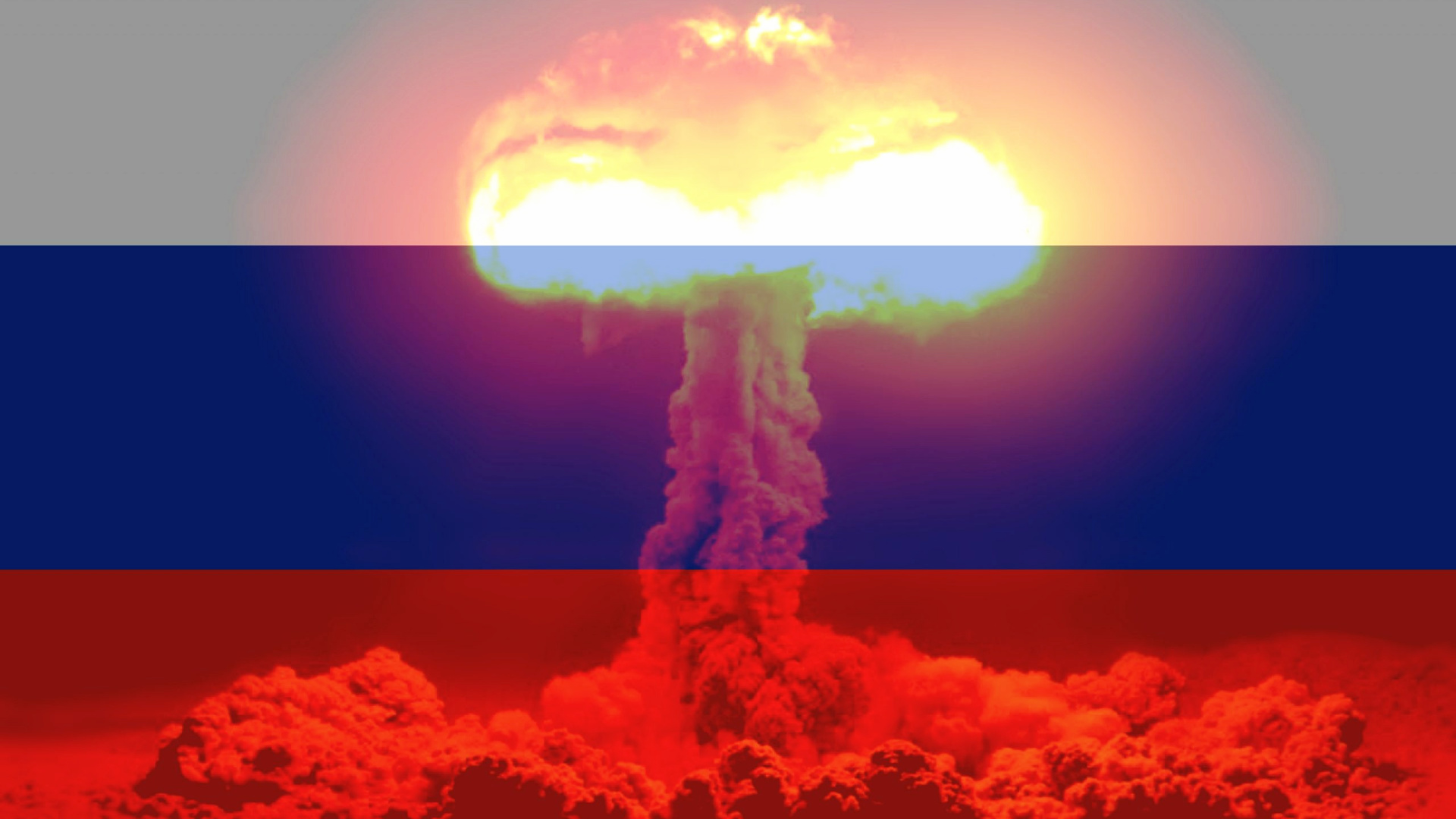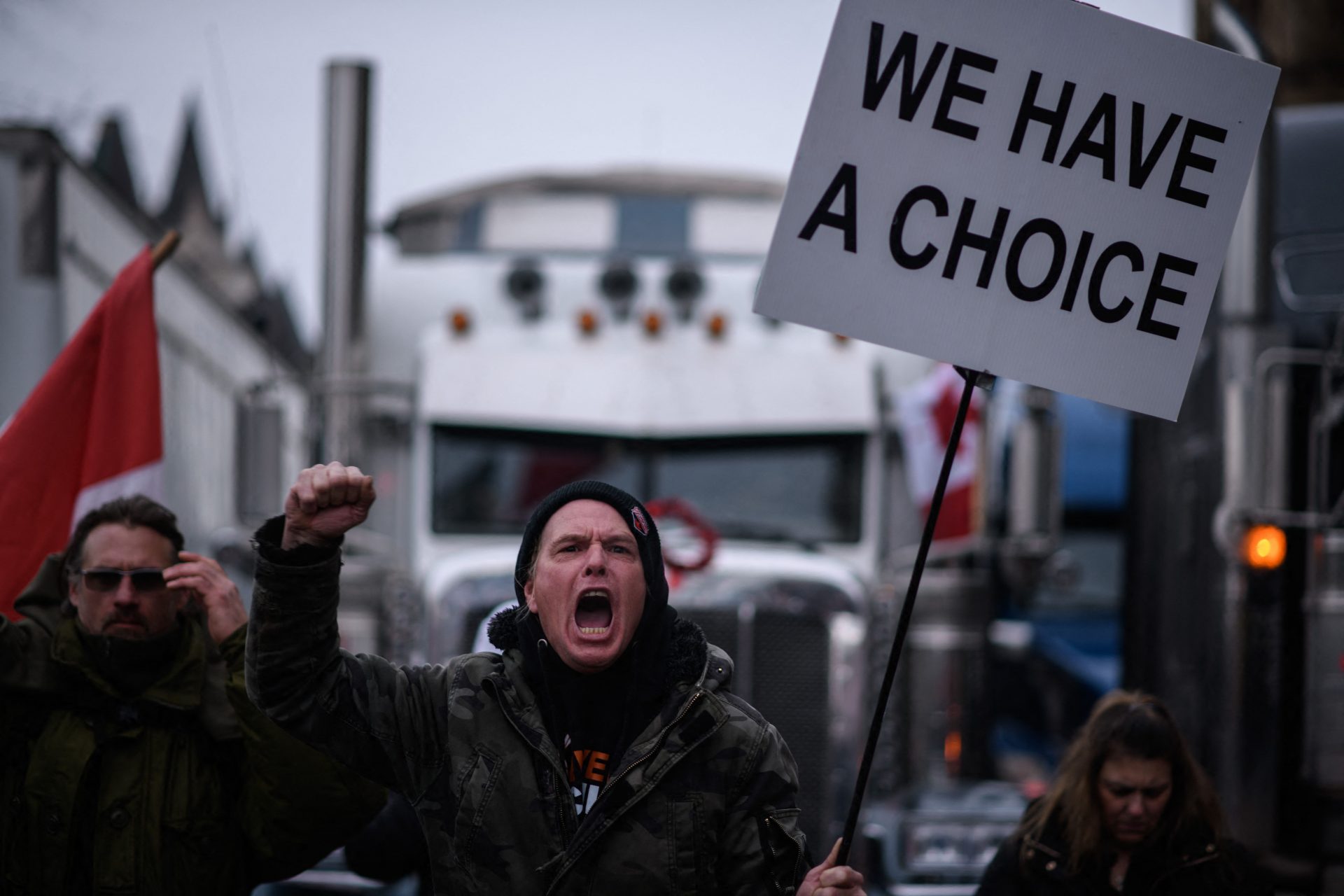Who are the US allies against China on the other side of the Pacific?
The United States and the Philippines launched Operation Balikatan (a term meaning “shoulder to shoulder” in Tagalog) on Monday, April 22. This is an annual joint naval exercise between the two countries.
More than 16,000 soldiers are deployed during this large-scale maneuver, indicates Radio France. All this while tension grows between China and US allies in the Asian side of the Pacific.
Beijing, which claims sovereignty over a large area of the South China Sea, took the opportunity to criticize the military exercises.
“The Philippines needs to think twice before becoming the 'toy of the United States' at the expense of its own security,” mocked the Chinese Ministry of Foreign Affairs, in a statement cited by Radio France.
Balikatan 2024 has been taking place outside Philippine territorial waters, something never done before. This is enough to “deepen tensions and increase the risk of error of judgment”, according to the Chinese Ministry of Foreign Affairs.
After cooling diplomatic relations period during the presidency of Rodrigo Duterte, the election of Ferdinand Marcos Jr. bolstered the military alliance between Manila and Washington.
US President Joe Biden warned that any attack on a Filipino aircraft or vessel would mean the implementation of the mutual defense treaty between the United States and the Philippines, per Radio France. All this while pointing out an increase of incidents involving the Chinese Navy.
These remarks were made during a trilateral summit between the United States, Japan, and the Philippines, organized on April 11 at Camp David.
The meeting between Joe Biden, Ferdinand Marcos Jr. and Japanese Prime Minister Fumio Kishida aimed to consolidate the protection granted by the United States to their two allies in the region, in the face of the threat posed by Chinese expansionism.
Washington and Tokyo deepen their military cooperation: Bases for repairing American equipment will be installed in Japan, while the military of both countries coordinate a closer partnership.
Before going to Camp David, Fumio Kishida spoke in the US Congress. The Japanese Prime Minister declared that he understood “the exhaustion of being the nation that defended the international order almost single-handedly”. He added that, for Tokyo, “the leadership of the United States is essential.”
In a joint statement cited by French newspaper La Tribune, the leaders of Japan, the Philippines, and the United States expressed their “deep concern” about the “dangerous and aggressive behavior of the People's Republic of China in the South China Sea.”
The press release also denounced the “militarization of territories” gained by China and “illegal maritime claims” of this country in the region.
The Chinese authorities express their opinion on the trilateral summit through Mao Ning, a spokesperson for the Ministry of Foreign Affairs.
According to Slate, Mao Ning condemned that the three nations that participated in the summit “brazenly interfered in China's internal affairs, in serious violation of the basic norms that govern international relations”.
A few days before the summit, the three allies also carried out joint maneuvers with the Australian Navy in the South China Sea.
Image: engin akyurt / Unsplash
This time, the governments of Canberra, Manila, Tokyo, and Washington reaffirmed their “collective commitment to strengthen regional and international cooperation for a free and open Indo-Pacific”, highlights Slate.
In 2021, Australia, the United Kingdom, and the United States formed AUKUS, as a counterweight to China's growing military influence in the Pacific. Japan's membership in this coalition is now being considered.
Furthermore, there's QUAD, an abbreviation of “quadrilateral security dialogue”, which was established in 2004 around by the United States, India, Australia, and Japan.
Founded in the aftermath of the 2004 Indian Ocean tsunami, the group since then has taken a military bent to counteract China's show of force in the Indo-Pacific region.
Why such a growing focus on the South China Sea? As France Culture writer, a quarter of global maritime traffic passes through this area bordered by China, Vietnam, Malaysia, and the Philippines.
However, China claims that this sea has historically belonged to them. Currently controlled by the Philippines, the Permanent Court of Arbitration in The Hague ruled against Beijing in 2016.
This does not prevent Beijing from circumnavigating this ruling, by harassing fishermen from neighboring countries and installing military bases on the endless islets of the South China Sea.
Paul Tourret, the director of the French Higher Institute of Maritime Economics (ISEMAR), told by France Culture that the South China Sea is “strategic for all the countries which claim sovereignty” and that it is in nobody's interest to get things out of hand.
However, with China's aggressive stance and the possibility of the United States adopting an isolationist policy if Donald Trump is re-elected, the situation in the South China Sea seems uncertain.
The possibility of an invasion of Taiwan by China in the coming years could also destabilize the region. More than ever, the situation is tense in the Asia-Pacific region.
More for you
Top Stories






